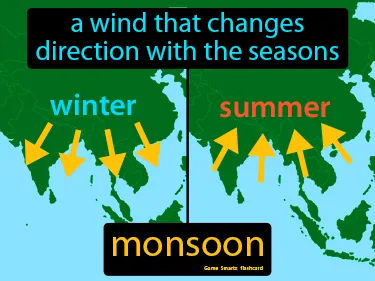New Empires in Asia
History
Akbar
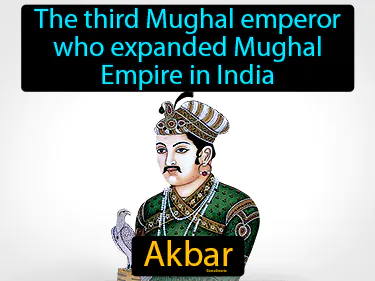
The third Mughal emperor who expanded Mughal Empire in India. Akbar. Akbar was a powerful ruler who significantly strengthened and enlarged the Mughal Empire in the 16th century.
archipelago
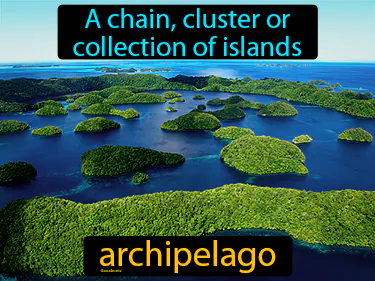
A chain, cluster or collection of islands. Archipelago. In history, an archipelago often served as vital locations for trade and travel routes due to their strategic positions in oceans and seas.
Babur
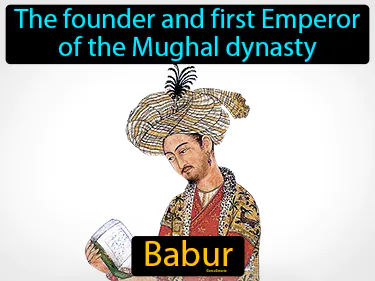
The founder and first Emperor of the Mughal dynasty. Babur. Babur was the ruler who established the Mughal Empire in India during the early 16th century.
complex
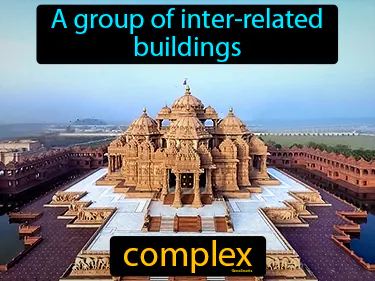
A group of inter-related buildings. Complex. In History, a complex often refers to a site with multiple structures that served various purposes, like religious or governmental functions.
daimyo
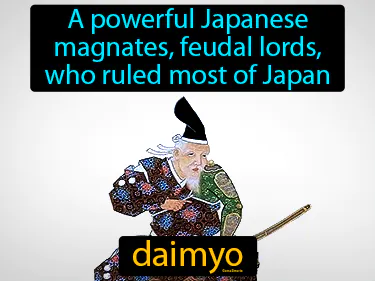
A powerful Japanese magnates, feudal lords, who ruled most of Japan. Daimyo were regional leaders in feudal Japan who controlled land and had their own private armies.
Genghis Khan
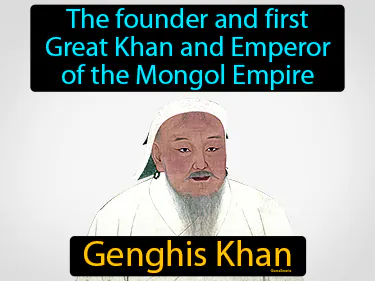
The founder and first Great Khan and Emperor of the Mongol Empire. Genghis Khan. Genghis Khan was a Mongolian leader who created one of the largest empires in history by uniting nomadic tribes and conquering vast territories in the 13th century.
Grand Canal
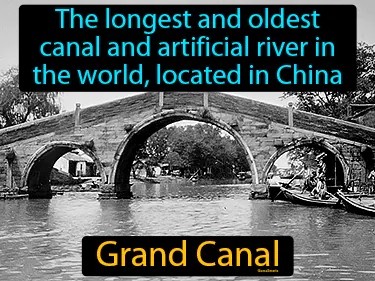
The longest and oldest canal and artificial river in the world, located in China. Grand Canal. The Grand Canal is an ancient waterway in China that connected different regions, facilitating trade and communication throughout history.
grand mufti
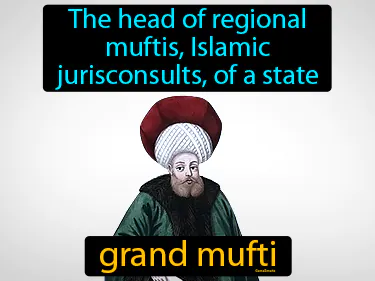
The head of regional muftis, Islamic jurisconsults, of a state. Grand mufti. In history, a grand mufti is a chief religious authority responsible for interpreting Islamic law for a nation or region.
Jayavarman II
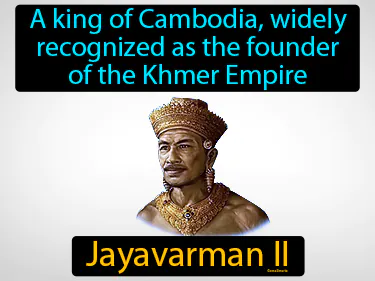
A king of Cambodia, widely recognized as the founder of the Khmer Empire. Jayavarman II was the ruler who established the Khmer Empire in the early 9th century.
Kublai Khan
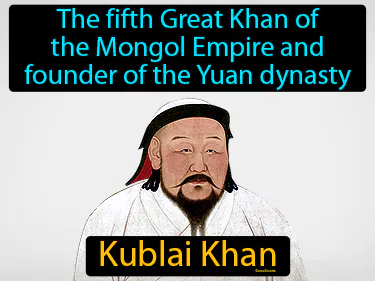
The fifth Great Khan of the Mongol Empire and founder of the Yuan dynasty, Kublai Khan. Kublai Khan was a Mongol leader who established a new era in China by founding the Yuan dynasty.
Marco Polo
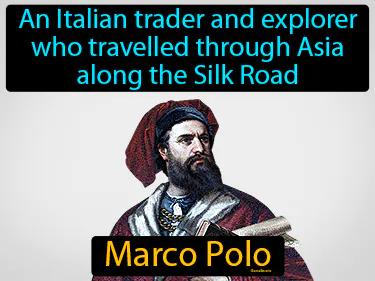
An Italian trader and explorer who travelled through Asia along the Silk Road, Marco Polo. Marco Polo is a famous historical figure known for connecting Asia and Europe through his detailed travels and writings.
Mumtaz Mahal
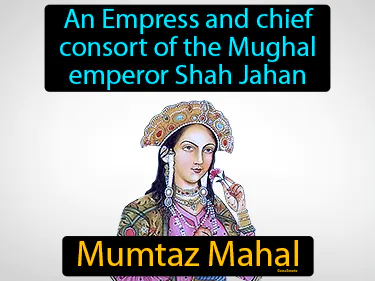
An Empress and chief consort of the Mughal emperor Shah Jahan. Mumtaz Mahal. She is best known as the beloved wife for whom the Taj Mahal was built as a mausoleum.
Murasaki Shikibu
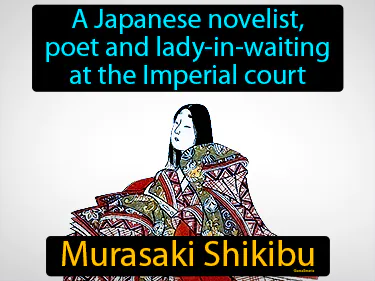
A Japanese novelist, poet and lady-in-waiting at the Imperial court. Murasaki Shikibu. She is best known for writing "The Tale of Genji," one of the world's first novels.
Osman
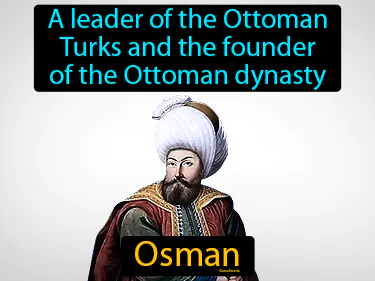
A leader of the Ottoman Turks and the founder of the Ottoman dynasty. Osman. Osman was the founder of the Ottoman Empire, which would grow to become one of the largest and longest-lasting empires in history.
porcelain

A ceramic material made by heating clay-type materials to high temperatures. Porcelain. Porcelain is a fine, durable material first developed in China over a thousand years ago, often used for beautiful pottery and dishes.
samurai
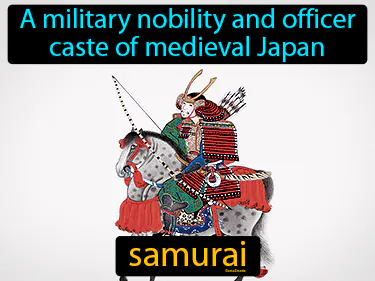
A military nobility and officer caste of medieval Japan. Samurai. Samurai were warriors in medieval Japan who served as the military elite and lived by a code of honor called Bushido.
shah
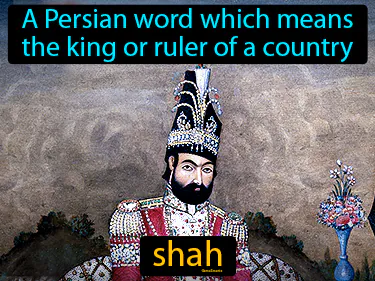
A Persian word which means the king or ruler of a country. Shah. In history, a shah was the title given to monarchs in Iran.
Shah Jahan
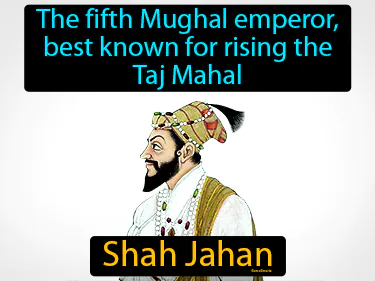
The fifth Mughal emperor, best known for rising the Taj Mahal. Shah Jahan. Shah Jahan was an Indian emperor who built the famous Taj Mahal as a tribute to his late wife.
Shinto
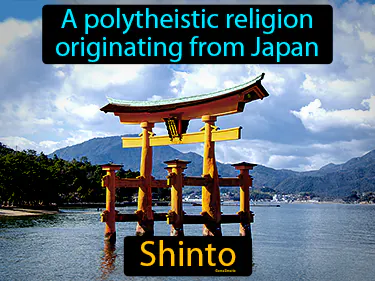
A polytheistic religion originating from Japan. Shinto. Shinto is a traditional Japanese religion that focuses on worshiping kami, or spirits, found in nature and ancestors.
shogun
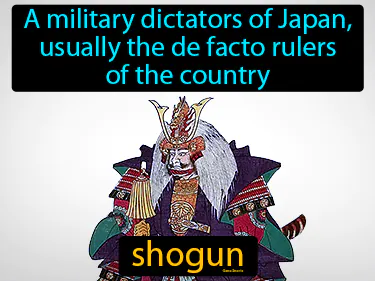
A military dictators of Japan, usually the de facto rulers of the country. Shogun. The shogun was the military leader who held actual power in Japan, while the emperor was more of a ceremonial figure.
Silk Road
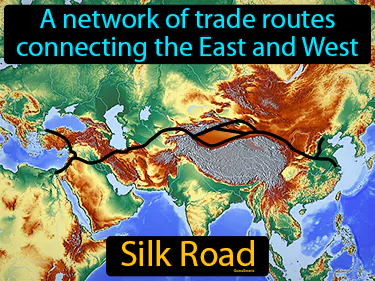
A network of trade routes connecting the East and West. Silk Road. The Silk Road was an ancient trade network that facilitated cultural, commercial, and technological exchange between Asia and Europe.
Sinan
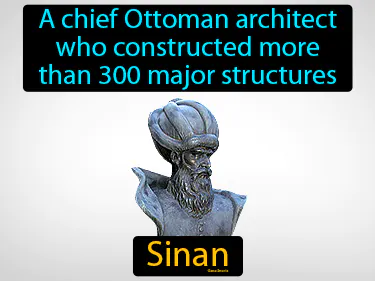
A chief Ottoman architect who constructed more than 300 major structures. Sinan. Sinan was the mastermind behind some of the most iconic buildings of the Ottoman Empire.
Suleiman
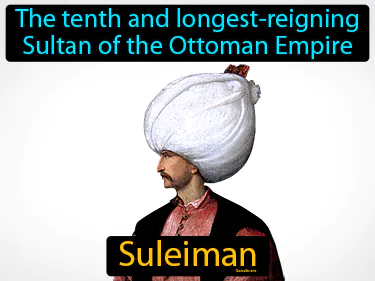
The tenth and longest-reigning Sultan of the Ottoman Empire, Suleiman. He was a powerful ruler known for expanding the empire and legal reform.
sultan
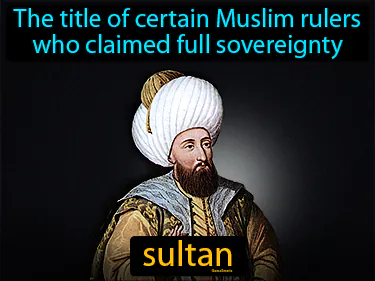
The title of certain Muslim rulers who claimed full sovereignty is sultan. A sultan is a Muslim ruler who held political and military authority over a region or state.
Suryavarman II
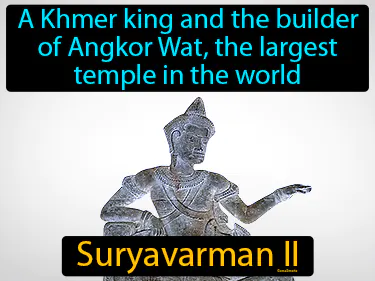
A Khmer king and the builder of Angkor Wat, the largest temple in the world. Suryavarman II was a powerful ruler of the Khmer Empire who commissioned the construction of the iconic Angkor Wat in the 12th century.
Tamerlane
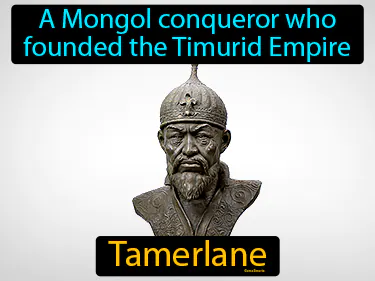
A Mongol conqueror who founded the Timurid Empire. Tamerlane. Tamerlane was a 14th-century warrior known for his military conquests across Asia and the Middle East.
Tokugawa
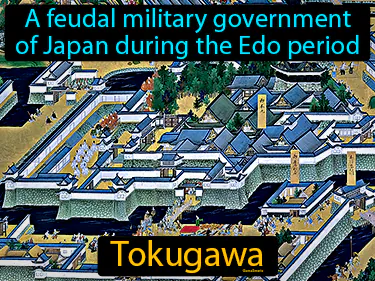
A feudal military government of Japan during the Edo period. Tokugawa. The Tokugawa shogunate was the ruling government in Japan from 1603 to 1868, known for its strict social order and isolationist policies.
Tokugawa Ieyasu
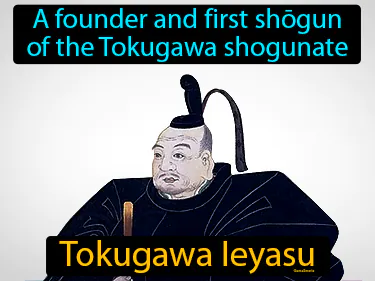
A founder and first shogun of the Tokugawa shogunate, Tokugawa Ieyasu. Tokugawa Ieyasu was the leader who unified Japan and started a stable and peaceful period lasting over 250 years.
Wu Hou
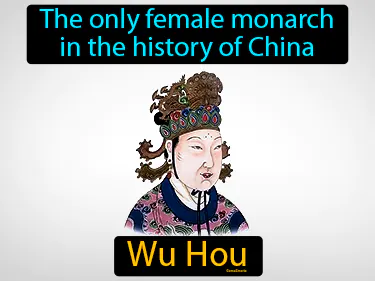
The only female monarch in the history of China Wu Hou. Wu Hou, also known as Wu Zetian, was the only empress to rule China in her own right.
Yoritomo
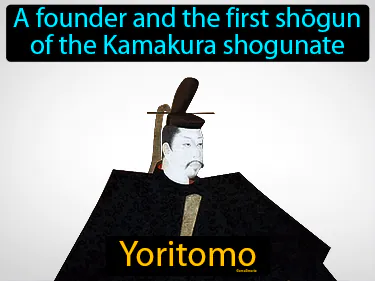
A founder and the first shogun of the Kamakura shogunate, Yoritomo. Yoritomo was the leader who began military rule in Japan in the late 12th century.
Zheng He
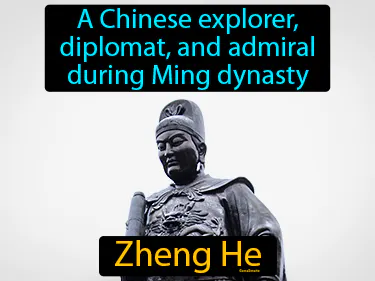
A Chinese explorer, diplomat, and admiral during the Ming dynasty, Zheng He. He was a famous sailor who led large fleets on voyages around Asia and Africa to promote Chinese influence.
